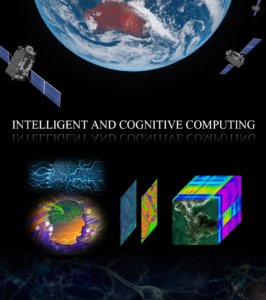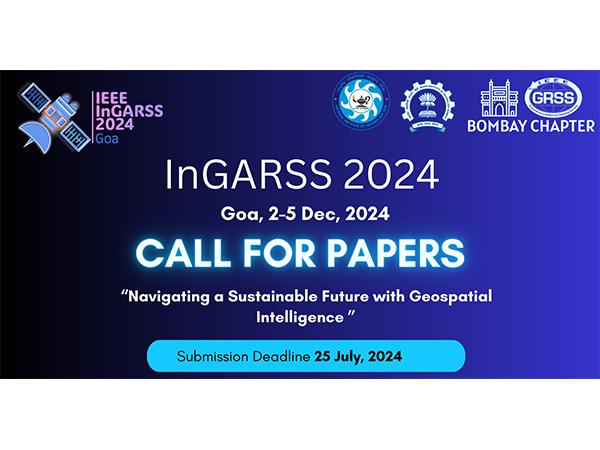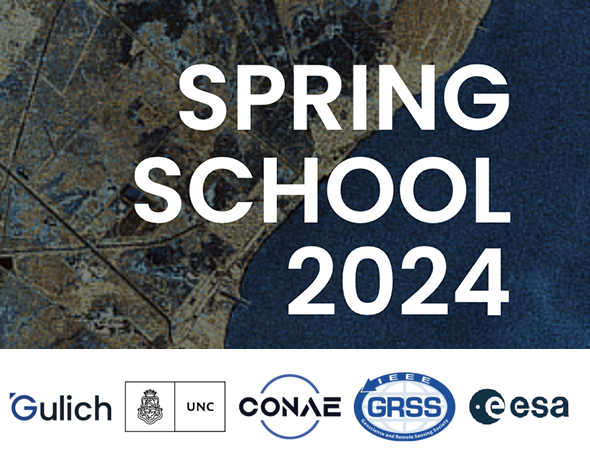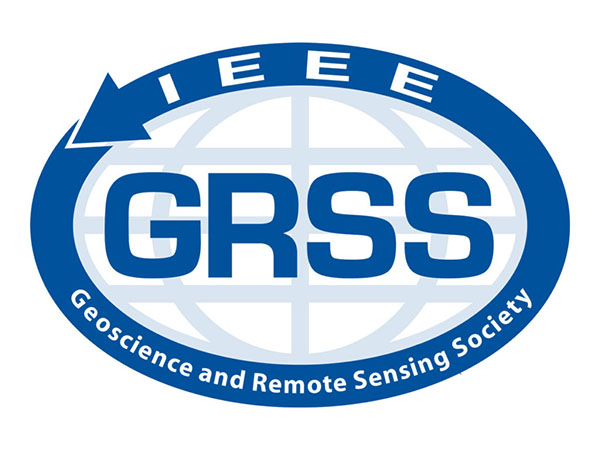
A GRSL special stream – 2019
Editors:
– Du Bo, Wuhan University, China (Lead Guest Associate Editor)
– Xiaoqiang Lu, Xi’an Institute of Optics and Precision Mechanics, Chinese Academy of Sciences, China
– Lizhe Wang, Institute of Remote Sensing and Digital Earth, Chinese Academy of Sciences, China
– Lefei Zhang, Wuhan University, China
– Jocelyn Chanussot, Institut Universtaire de France (IUF), France
The past decades have witnessed many achievements in the cognitive science. Lots of them have been modeled by computing science and spread widely into application fields and showed many promising results. For examples, Marr’s three level theory (Computational level, representation and Algorithmic level and Implementation level) was becoming important fundamental disciplines for many vision system designations and AI algorithm developments; it has been proved that the receptive fields of simple cells in mammalian primary visual cortex can be characterized as being spatially localized, oriented and band pass as well as a learning algorithm that attempts to find sparse linear codes for natural scenes is very similar to those found in the primary visual cortex; deep learning theory who assumes their layers mimics different level of abstraction or composition function of human brains has attract more and more attentions of researchers and industrial communities including remote sensing. Based on many of these progresses, the tide of cognitive computing sharing many attributes with the field of artificial intelligence is rising.
In remote sensing community, the data with complex temporal, spectral and spatial characteristics make their acquisition and interpretation very difficult. Cognitive Computing can link data analysis and adaptive information interaction to adjust content for a particular type of audience. By Cognitive Computing, we will be guide by modeling, simulating and evaluating human cognitive elements and propose new algorithms inspired by knowledge on how humans behave. It will greatly promote remote sensing acquisition and interpretation when it is based on more accurate models of how the human brain or mind senses, reasons, and responds to stimulus. Cognitive Computing is open a new way to the research of remote sensing acquisition and interpretation. It is both the opportunity and challenge for remote sensing communities.
With these issues in mind, it is time to present the current state-of-the-art cognitive computing research on remote sensing image acquisition and interpretation.
The topics to be covered are as follows:
- Fundamental theories related to cognitive computing, such as cognitive science (attention, learning, memory, language and etc. ) and computing model ( such as data representation, feature selection, compressive sensing, deep learning, language understanding and reference, etc.);
- Cognitive computing based Remote sensing data acquisition such as fusion, restoration, reconstruction, image recovery, hyperspectral image un-mixing, assimilation;
- Cognitive computing-based Remote sensing data interpretation such as image classification, image segmentation, image change detection, image registration, target detection or tracking, scenes understanding, image retrieval and etc.;
- Applications of cognitive computing to agriculture remote sensing, environment remote sensing, land cover, hydrology, forest, ocean, Earth surface processes and etc.
- Intelligent analysis of multiple types of remote sensing data and the corresponding applications.
Schedule
Submission open: January 1, 2019
Submission close: April 30, 2019



























